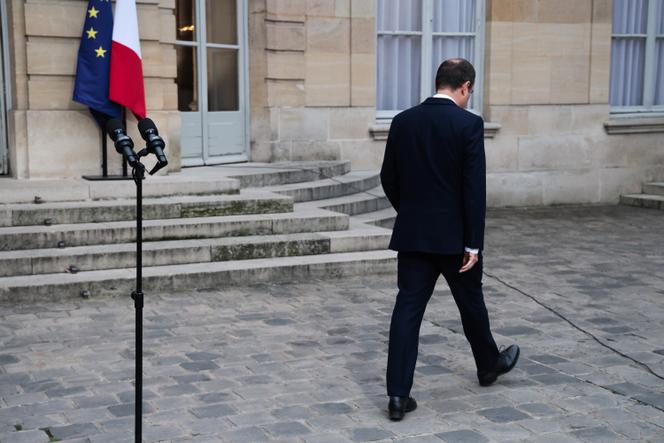


President Emmanuel Macron's office announced that new prime minister Sébastien Lecornu had tendered his resignation on the morning of Monday, October 6, hours after his new government had been formed. Lecornu's resignation, making him the shortest-lived prime minister in recent French history, plunges the country into uncertainty again.
On Sunday evening, almost four weeks after his appointment by Macron, Lecornu had unveiled his cabinet, which was almost identical to that of his fallen predecessor, François Bayrou. But cracks were apparent right away, with members of several parties within the governing coalition expressing doubts and criticism about the lack of change.
Jordan Bardella, the president of the far-right Rassemblement National (RN), immediately called for snap elections. "There can be no return to stability without a return to the polls and without the dissolution of the Assemblée Nationale," he insisted.
In early September, Macron named 39-year-old Lecornu the seventh prime minister of his mandate in a bid to defuse a deepening political crisis. French politics has been in turmoil since Macron gambled on snap elections last summer in the hopes of bolstering his authority. The move backfired, producing a Parliament fractured between three rival blocs.
Lecornu's two immediate predecessors, François Bayrou and Michel Barnier, were ousted in a standoff over France's austerity budget in a deeply divided Parliament. Macron opted for one of his closest allies rather than seeking to broaden the government's appeal across the political spectrum.
For the past month, Lecornu held a series of consultations with centrist allies and opposition leaders, on both the left and right, aiming to agree on a non-aggression pact in parliament and adopt the budget. No party has enough seats to govern on its own. Most parties on the left had announced plans to back a vote of no confidence, with Marine Le Pen's far-right threatening to back it too.
This is a developing story.
